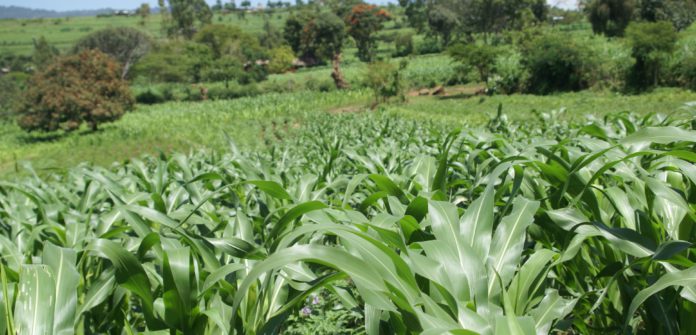Dr. Kojo Mprain, the Director of Research and Advocacy at the Media Foundation for West Africa, has urged media practitioners nationwide to critically examine the second phase of the government’s flagship agricultural initiative, Planting for Food and Jobs (PFJ).
Expressing concerns during a specialized forum on ‘Agriculture Ecology,’ Dr. Mprain emphasized the need for a thorough review of the PFJ policy, pointing out that certain aspects may not be beneficial to the country’s agricultural sector.
He particularly highlighted discrepancies in timelines and projections within the policy that require reconsideration.
The PFJ initiative, a key government policy aimed at achieving food self-sufficiency, reducing unemployment, especially among the youth, and providing raw materials for the country’s industrial sector, has encountered challenges since its inception.
During the forum, it became apparent that the second phase of PFJ lacks a robust focus on protecting the environment, farmers, and consumers.
Dr. Mprain questioned the government’s emphasis on chemical fertilizers instead of investing heavily in organic fertilizers.
He argued that supporting local producers of organic fertilizers would ensure better quality and prevent the poisoning of farmlands.
Additionally, Dr. Mprain called for clarity on the concept of smart agriculture and its implications for Ghanaian smallholder farmers.
He expressed concern that traditional organic farming practices might be neglected in the pursuit of smart agriculture, despite their contribution to producing healthy food and animals.
Issues such as soil quality, impacted by chemicals and illegal mining activities, were raised at the forum.
Dr. Mprain questioned why authorities responsible for producing and protecting local staple seeds were not fulfilling their mandate.
The reliance on imported seeds was identified as a factor slowing down organic seed production for major staples in the country.
Recognizing the challenges faced by journalists, especially when reporting on agriculture, the forum encouraged media-friendly organizations to conduct more seminars.
These events would provide training for journalists and editors, emphasizing the importance of specialized publications on climate change, agricultural ecology, and the emerging challenges posed by smart agriculture to traditional organic farming practices in Ghana.

